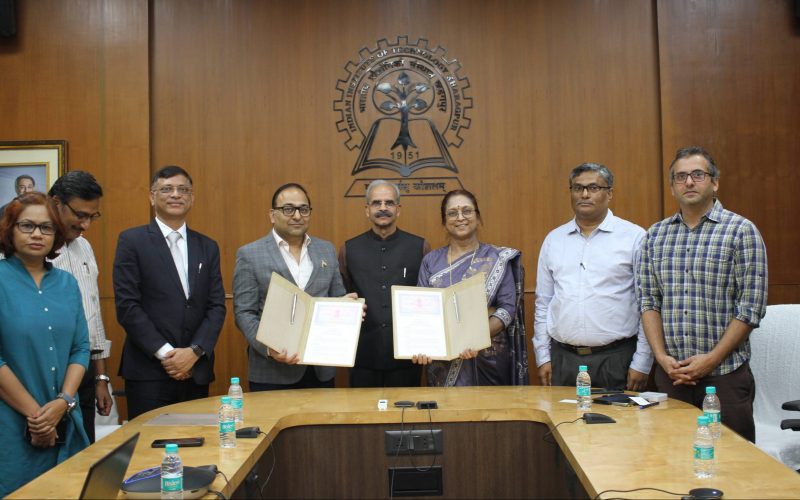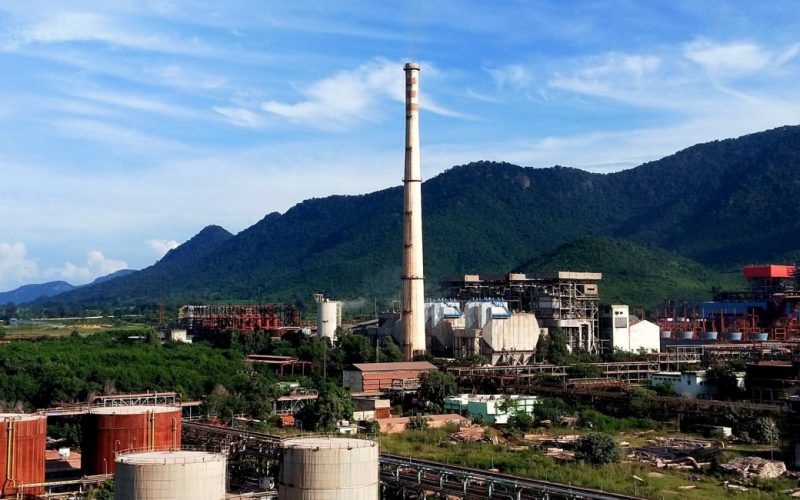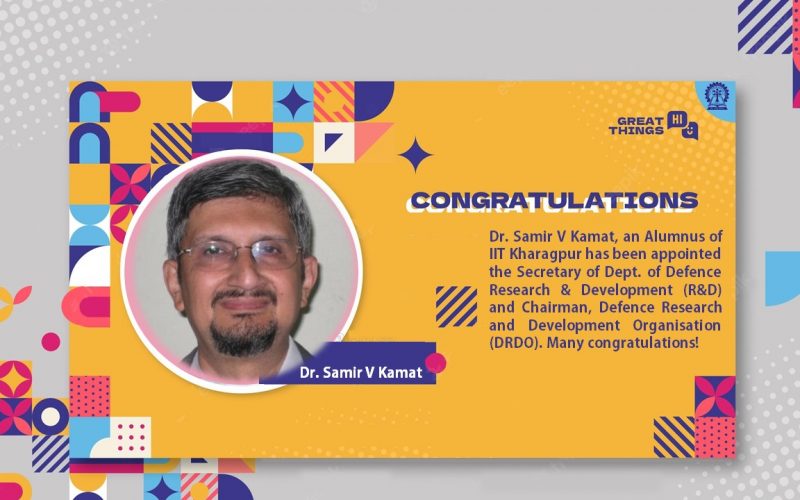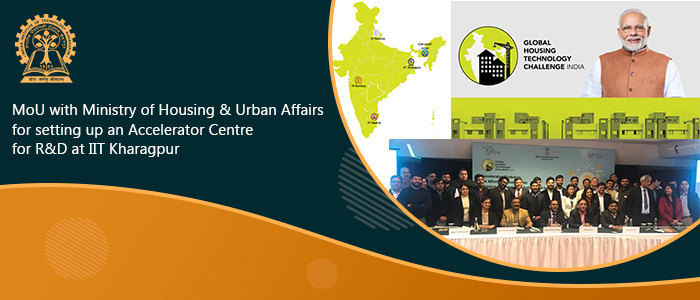
IIT Kharagpur Partners with Jindal Stainless to Execute R&D Projects in Metallurgical Research & Development
India’s premier educational institution IIT Kharagpur signed an MoU with Jindal Stainless, the country’s largest stainless steel manufacturer, marking a pivotal moment in the advancement of metallurgical research and development. In a bid to foster industry-academy collaboration, Jindal Stainless and IIT Kharagpur will work together on metallurgical projects, such as process optimization, materials characterization, and primary alloy production. This strategic alliance signifies a significant step forward in metallurgy, promising ground- breaking advancements and fostering a culture of innovation, as both organisations leverage their strengths to drive meaningful progress and contribute to the industry's growth. Prof. Virendra K Tewari, Director, IIT,…




